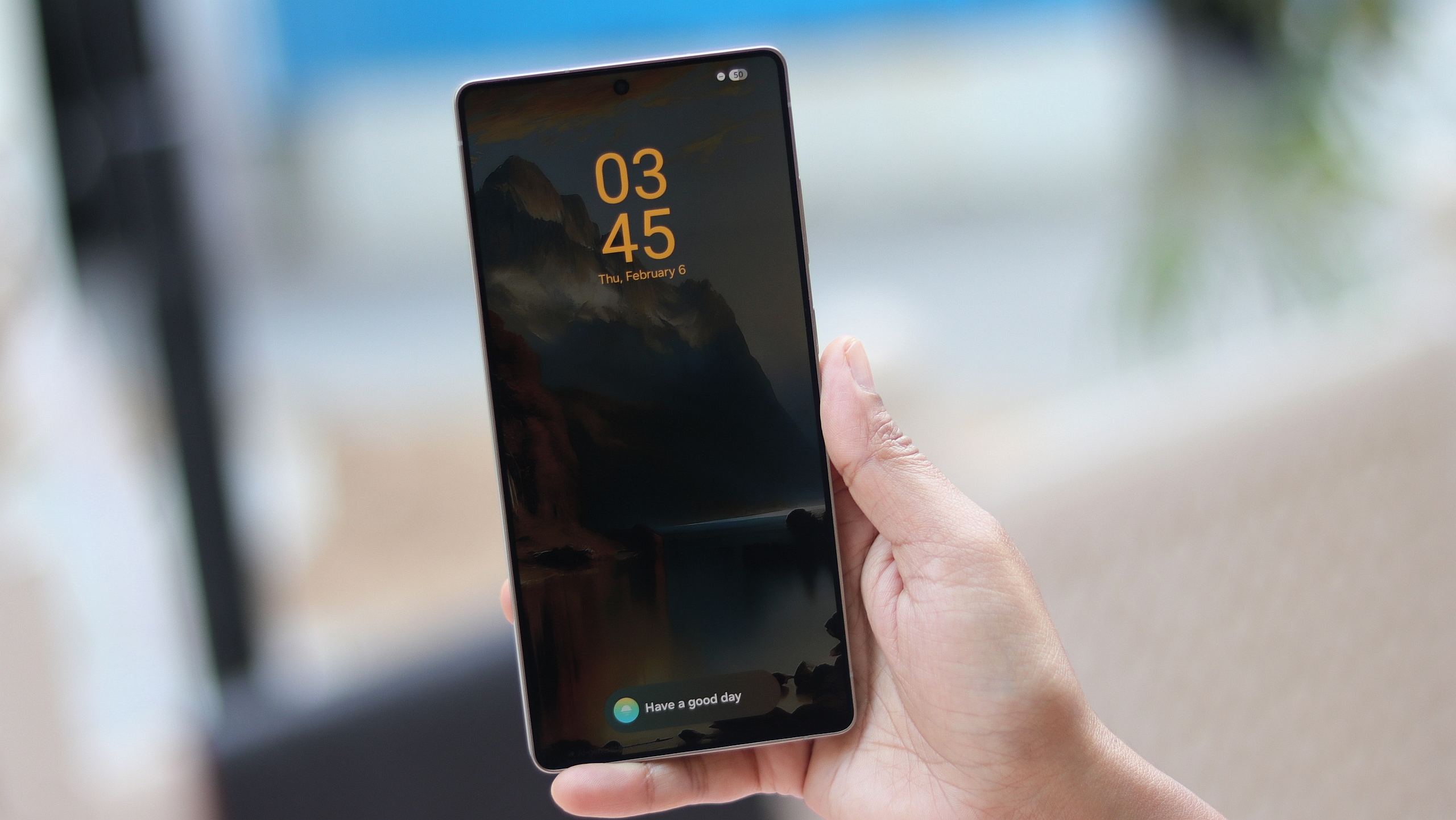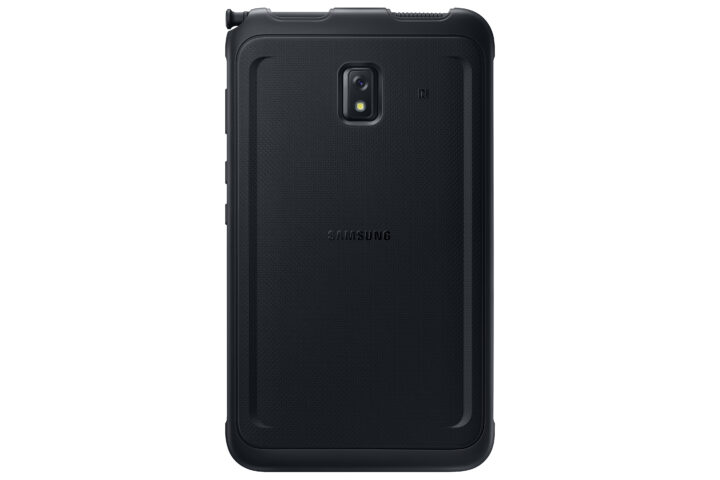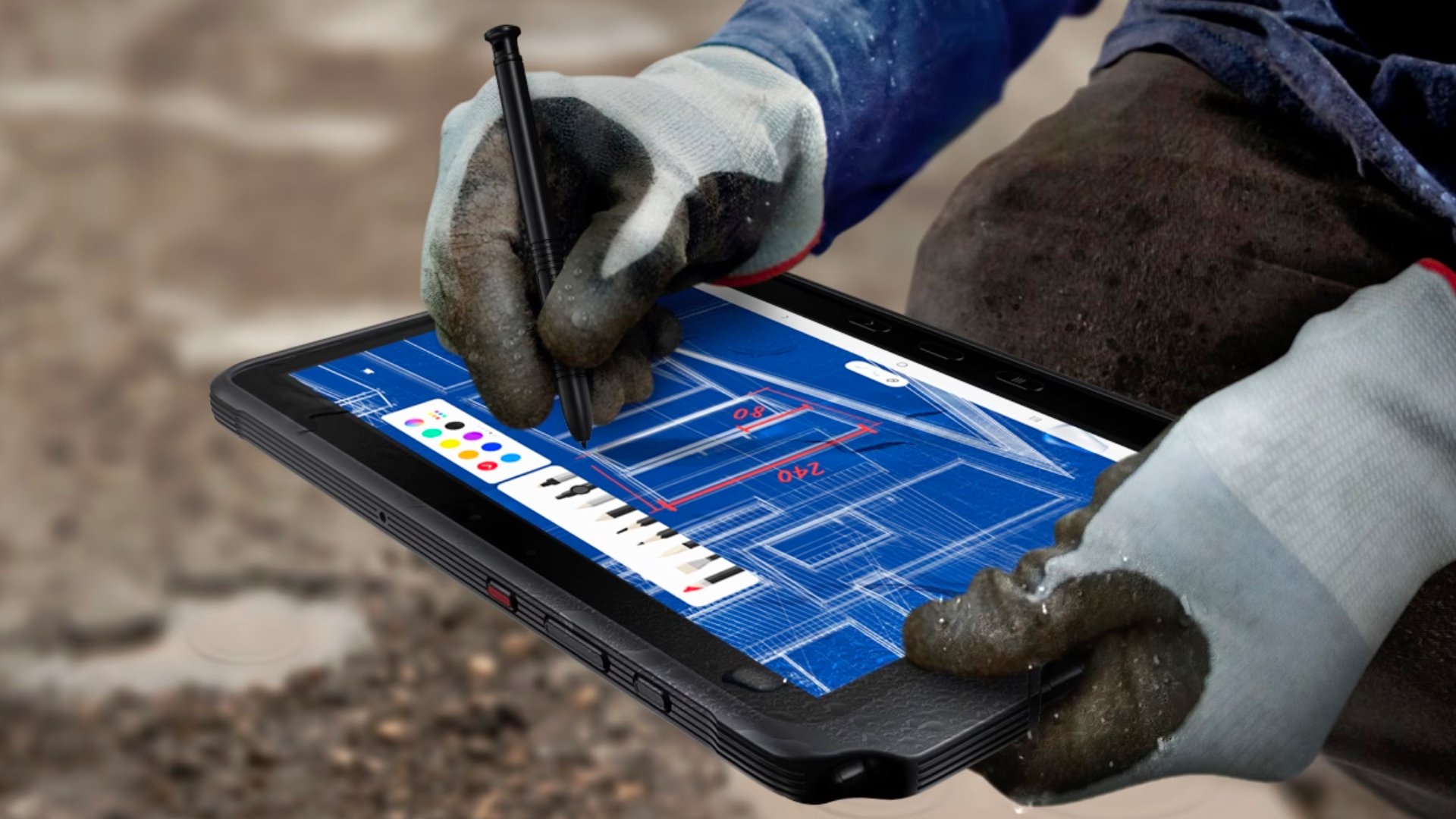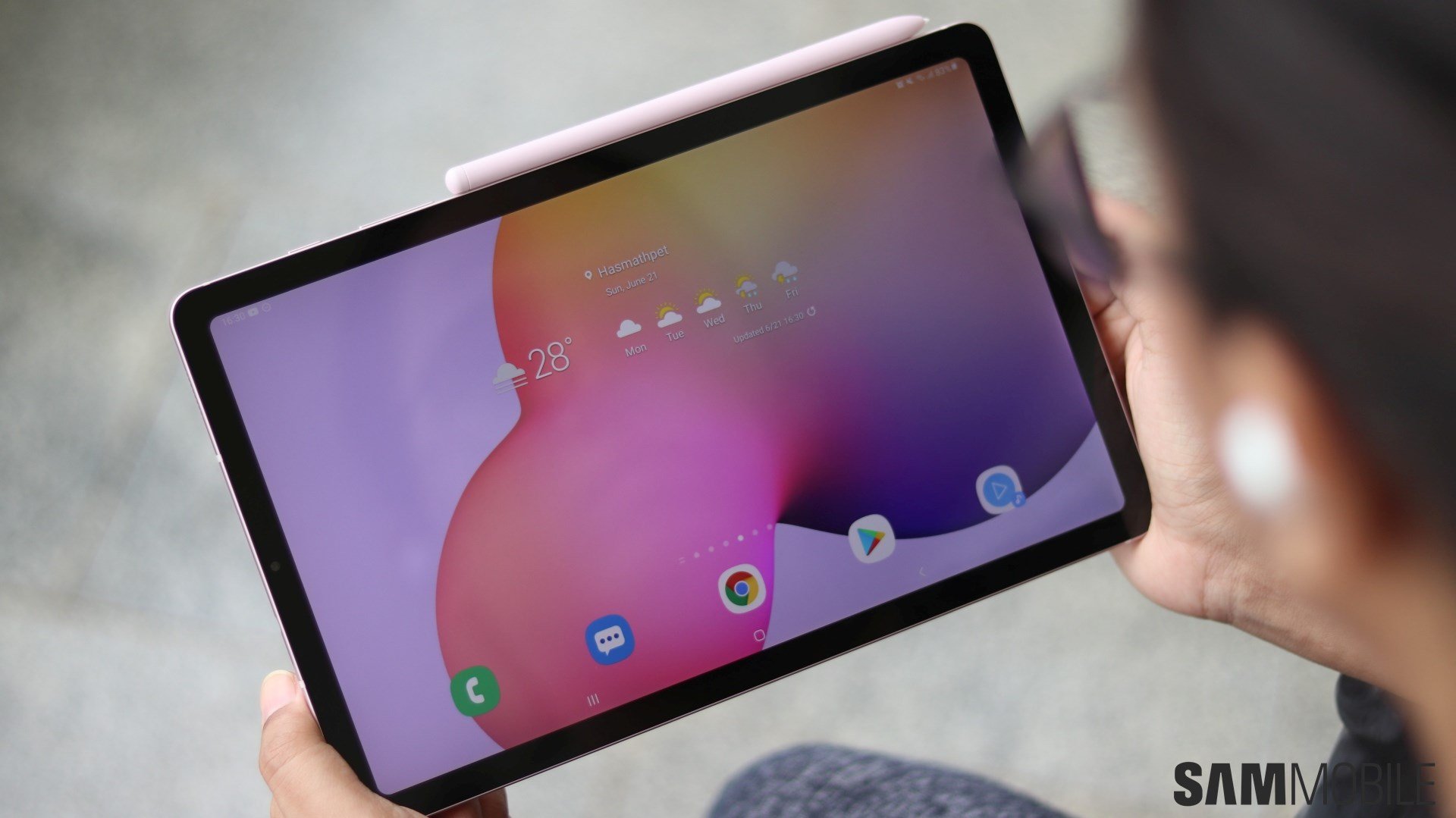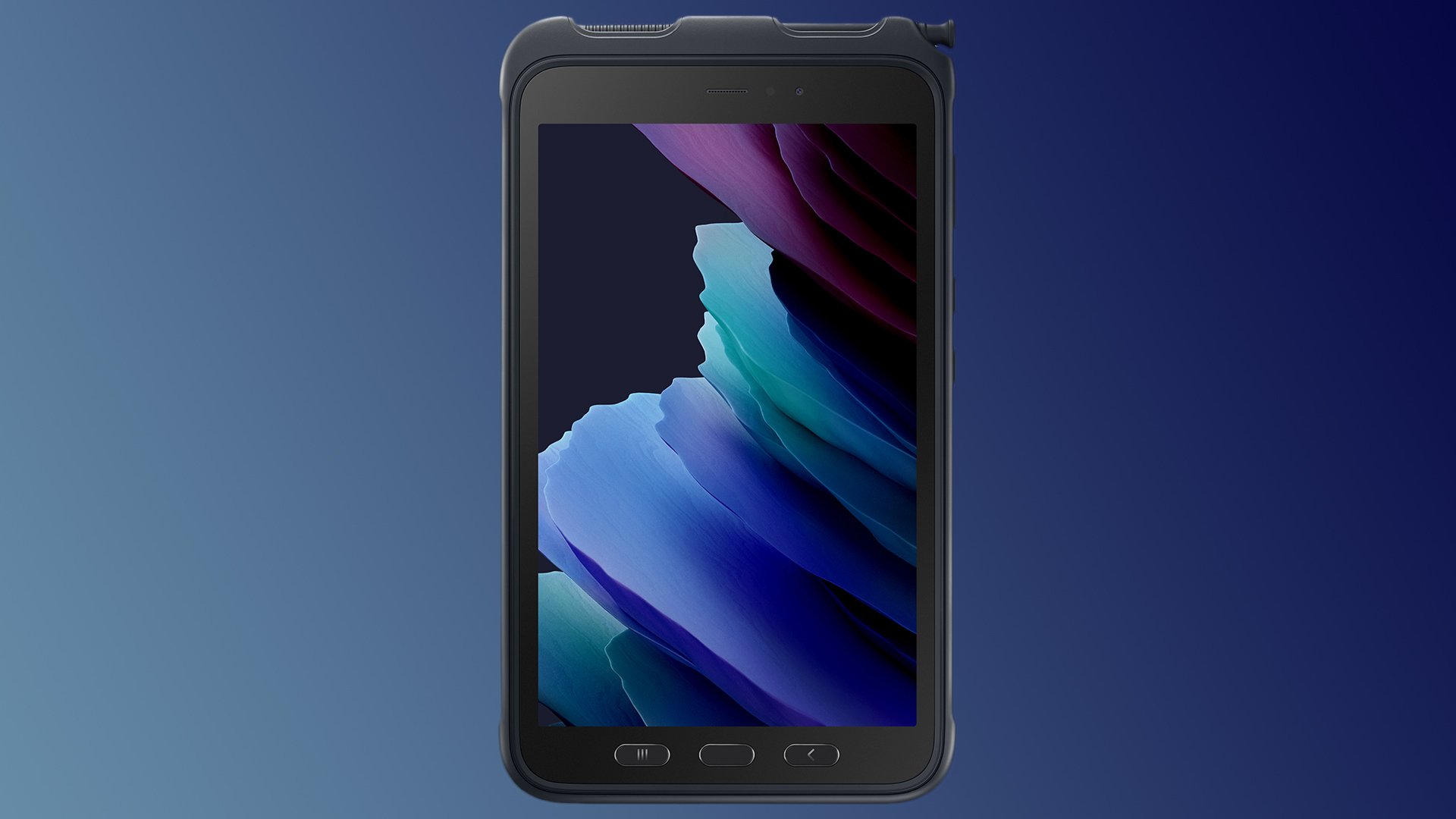
How cost-effective, exactly, remains to be seen, though enterprise customers can already inquire about it as of today. The aforementioned anti-shock certificate doesn't extend to the included S Pen, though the stylus at least offers IP68-rated resistance to dust particles and water.
Galaxy Tab Active 3 is more brawn than brains
As for the device itself, the Galaxy Tab Active 3 features an 8-inch TFT LCD panel supporting WUXGA (1,920 x 1,200) resolution. The relatively small screen shouldn't put too much of a strain on its high-capacity 5,050mAh battery, but the cell is actually user-removable, just in case. The Galaxy Tab Active 3 also offers a No Battery Mode that can be enabled via the Quick Settings panel, allowing you to power the device solely via an external source.
Samsung's Knox Suite and a fingerprint reader complete the enterprise-focused specs sheet of the device. As for the other aspects of the Galaxy Tab Active 3, beneath its ruggedized exterior is the Exynos 9810, which would be the chipset first debuted with the Galaxy S9 series back in early 2018. Meaning Samsung's claims of “superior performance” should be taken with a grain of salt.
Curiously enough, the tablet does support some much newer technologies, most notably USB 3.1 and Wi-Fi 6. Combined with 4GB of RAM and up to 128GB of flash storage (expandable by up to 1TB via a microSD card), the Galaxy Tab Active 3 should still be able to offer reliable performance in an enterprise environment. Both the 64GB and 128GB models offer 4G FDD LTE mobile connectivity, as well as pretty much every viable GPS alternative out there – GLONASS, Beidou, and Galileo.




